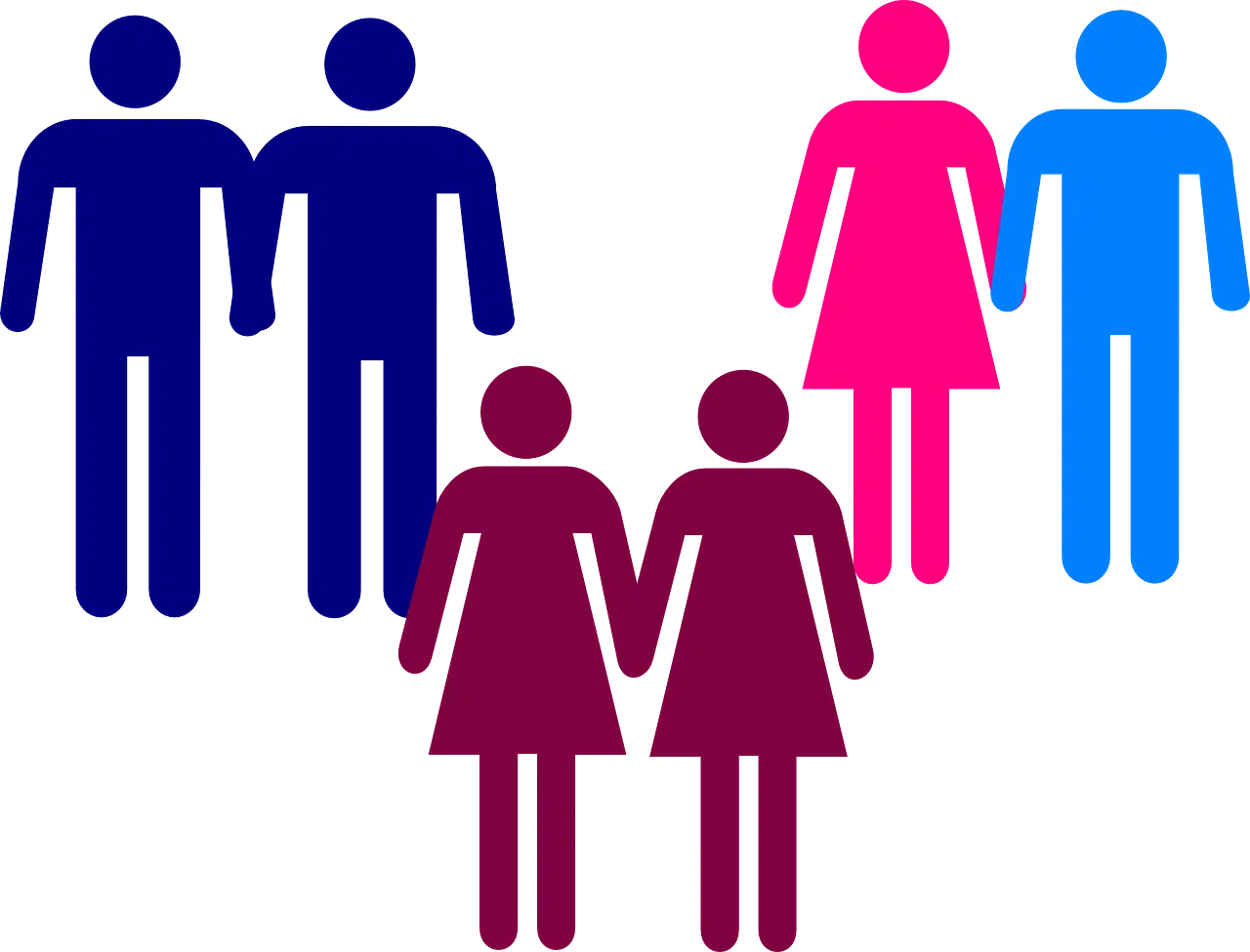
Sexual health is associated with well-being, both social, emotional and physical, linked to sexuality.
Sexuality is the set of anatomical, physiological and psychological conditions that characterize each sex . The term also refers to sexual appetite (as a propensity for carnal pleasure) and to the set of emotional and behavioral phenomena linked to sex.
In ancient times, the sexuality of humans and animals was considered instinctive . Sexual behaviors , therefore, were determined biologically and all those practices that were not aimed at procreation were considered unnatural.
Sexuality according to the WHO
For the World Health Organization ( WHO ), human sexuality encompasses both sexual relations (coitus) and eroticism, intimacy and pleasure. Sexuality is experienced and expressed through thoughts, actions and desires ( sexual fantasies ), being associated with libido .
Heterosexuality is the condition that consists of sexual attraction towards people of the opposite sex. Heterosexual men, therefore, are attracted to women, and vice versa.
In homosexuality , however, relationships occur between people of the same sex. There is, in turn, another variant, known as bisexuality , to which those individuals who feel attracted to subjects of both sexes belong.
Other classifications can also be considered, such as pansexuality (the attraction to any element or human being) or queerness (a gender identity that does not fit the parameters that are conventionally considered).

Human sexuality is studied at a scientific level by sexology.
Social and cultural issues
Sexuality, over time , acquired a social and cultural notion. When reviewing the history of sexuality we can see that homosexuality, for example, was considered exclusive to human beings for a long time; However, observation of various animal species over the years has shown the opposite. The same happens with masturbation and violent practices such as rape. Both people and animals develop the characteristics of their sexuality according to their environment.
Each person chooses how to live their sexuality, although this decision can change over the years. A first distinction can be made between those who have sexual relations to procreate and those who do it to feel pleasure .
Sexuality, then, goes far beyond relationships for reproductive purposes. Practices such as oral sex and anal sex , the use of sex toys and the consumption of pornography are not about reproduction but about enjoyment. These are actions that require the consent of the parties involved and that belong exclusively to the sphere of adults .

Erectile dysfunction, premature ejaculation, vaginismus, dyspareunia and anorgasmia are some of the disorders that can prevent the enjoyment of sexuality.
Responsible sexuality
All people, regardless of their gender and sexual orientation , must take into account a series of responsibilities that revolve around sexual practices, to avoid by all means that their actions have a negative impact on others.
First of all, sexually transmitted diseases (STDs) should be considered, a series of infectious and contagious clinical disorders that are passed from one individual to another through physical contact, especially during intimate relationships. Mostly, the causes are viruses and bacteria, although sometimes they come from protozoa and fungi: AIDS (caused by HIV), genital herpes, gonorrhea, syphilis , chlamydia, HPV infections and trichomoniasis are STDs.
The first step in preventing STDs is education; Then come the decisions regarding one's own behavior, whether one chooses not to have sex or do so taking the appropriate precautions. The use of condoms, for example, contributes to safe sexual relations.
contraception
Contraception is a very important dimension of sexuality. These are those resources that allow you to avoid an unwanted pregnancy .
Among the most used contraceptive methods are the condom , the birth control pill and the intrauterine device (IUD) . You can also resort to irreversible procedures such as sterilization .
Contraception aims to ensure that human beings can enjoy sexuality and that relationships only lead to pregnancy when the couple has that desire.
Those people who decide to procreate, on the other hand, should always think about the life they will be able to provide for their children. There are many factors to take into account: money, without a doubt, is necessary for maintenance and education and, consequently, for interaction with other human beings. Other issues to address are the place of residence, given that all its characteristics, from climate to culture, will directly influence future generations; and the physical and mental health of the parents, since they are the fundamental pillars of raising children, those in charge of protecting them and providing them with the necessary tools for their correct development .
Sexual education , likewise, is a fundamental resource that all communities should use when educating their children. For various reasons, human beings have developed fear and modesty around our own sexuality, starting with the fact of needing to cover our bodies from the gaze of others. However, this can only lead to misinformation and repression, with its terrible consequences.
